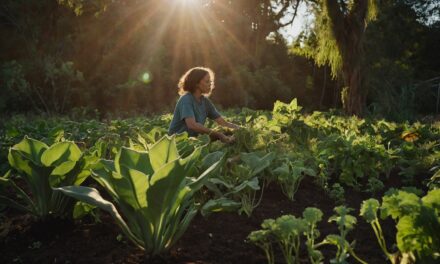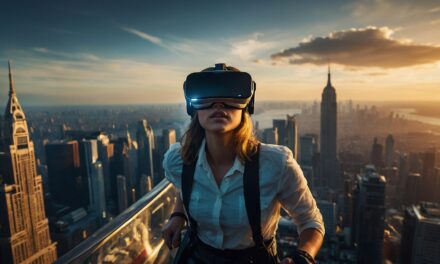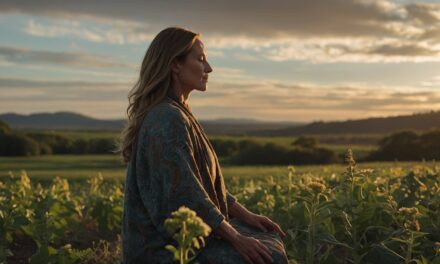In today’s fast-paced world, where busyness is often equated with productivity and success, the concept of slow living offers a refreshing alternative. Rooted in the idea of savoring life’s simple pleasures and prioritizing meaningful experiences over material possessions, slow living encourages us to slow down, reconnect with ourselves and our surroundings, and find fulfillment in the present moment.
At its core, slow living is about embracing a mindful and intentional approach to life. It’s about stepping off the treadmill of constant activity and taking the time to appreciate the beauty and richness of everyday life. Whether it’s enjoying a leisurely meal with loved ones, taking a quiet walk in nature, or simply pausing to watch the sunset, slow living reminds us to slow down and savor the moments that matter most.
Moreover, slow living encourages us to cultivate a deeper connection with ourselves and our values. By prioritizing activities that bring us joy and fulfillment, we can align our actions with our true desires and aspirations, leading to a greater sense of purpose and contentment.
In a world that often glorifies busyness and productivity, embracing slow living can be a radical act of self-care. It’s about giving ourselves permission to rest, recharge, and prioritize our well-being. Whether it’s through meditation, yoga, or simply taking time for solitude, slow living encourages us to listen to our bodies and minds and honor our need for rest and relaxation.
Furthermore, slow living encourages us to adopt a more sustainable and eco-friendly lifestyle. By consuming less and being more mindful of our environmental impact, we can reduce our carbon footprint and contribute to a healthier planet for future generations.
In conclusion, slow living offers a compelling antidote to the hustle and bustle of modern life. By embracing mindfulness, intentionality, and simplicity, we can find balance, joy, and fulfillment in the simple moments of everyday life. As we cultivate a deeper connection with ourselves, our communities, and the world around us, we can create a more meaningful and sustainable way of living for ourselves and future generations.





